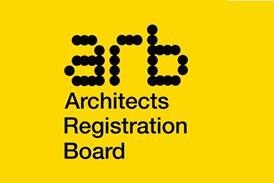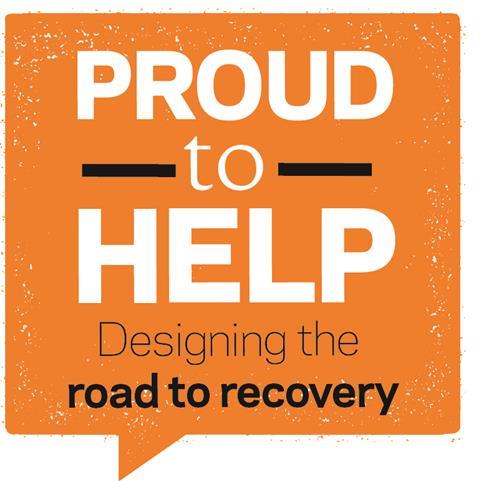As lockdown eases, how do you manage staff whose performance is lacking? Start by listening, says Louise Rodgers

Even during the best of times, many managers don’t actually enjoy conducting one-to-ones. They are often the first thing to go when there are diary pressures, and when they do take place they can be cursory and performance-focused.
During a pandemic the task of making these what they should be is even harder. Of course you should absolutely stay in the loop on what all the important projects and tasks are for individual members of your team, especially if people are working remotely. But a one-to-one is not the place to do this.
In my last column I suggested that we are all, to a greater or lesser extent, different people than we were before the pandemic. We have had time for reflection and many of us have used this time to recalibrate how we think about our working lives.
As a line manager, how are you going to respond to people who have had a major rethink? Your instinct may be to shut down their thinking. After all, we all want things to get back to ‘normal’, don’t we? But getting defensive will damage their trust in you.
Fostering an environment where people feel able to discuss how their aspirations may have changed as a result of the pandemic will help keep them engaged and motivated. Don’t just ask but really listen to what they are telling you. Use nice, open questions to tease out the things they may be struggling to express and explore with them how the changes they want to see will impact on them, on you and on the organisation. Have they been thinking about their personal and professional development and, if so, how can you support them? What opportunities are there to meet both their needs and those of the business, both of which may have changed?
The mental wellbeing of individuals and teams is definitely on the agenda as a result of lockdown. This has been great to see and to be part of, through the wellbeing and resilience workshops I ran with my Step Up partner Rachel Birchmore. Now, with the drift back to the office underway, is not the time to take the foot off that particular pedal.
Don’t let mental health be the elephant in the room during your one-to-ones. There may be people in your team who are experiencing extreme anxiety as a result of returning to the office. Others may be dealing with post-traumatic stress due to their own brush with coronavirus. Some may have suffered coronavirus-related bereavement or had personal issues such as relationship breakdown. Or there may be very legitimate concerns about financial pressures and job security.
And of course not everyone is going back just yet. And for many the novelty of working (or even not working, if they have been on furlough) from home may have totally worn off, as social isolation takes its toll.
One-to-ones provide an ideal opportunity to check in on the mental health of people who work for you. But you will need to practise the core coaching skills of listening, empathy and asking great questions. You will also need to be alert to any changes in work habits that indicate there may be something wrong.
Loss of motivation, difficulty in concentration, or lower than normal productivity are not necessarily performance management issues and may signal a mental health struggle. You don’t need to be an amateur psychologist to spot this, just a caring colleague.
Many managers run away screaming from conversations around mental health and emotional wellbeing, but they shouldn’t. If people aren’t getting their work done, or are preventing others from doing so, you have a responsibility to do something about it. You can talk to the person, explain the impact on the work and ask how you might help. You might refer the person to an employee assistance programme or ask your HR department for advice.
When you decide the time is right to broach the subject, use observation rather than direct enquiry: “I have noticed…” is a good opener. Then give the person the opportunity to respond and share with you what’s going on. If they decide to open up, the most helpful thing you can do is to listen. It helps people to know that they are being recognised and not judged.
The Great Pause has offered an opportunity for us all to think how we might do things differently. Make your one-to-ones one of those things.
Postscript
Louise Rodgers is Building Design’s professional coach. A personal and business coach, she co-created and co-delivers Step Up, a leadership development programme for architects.

















No comments yet